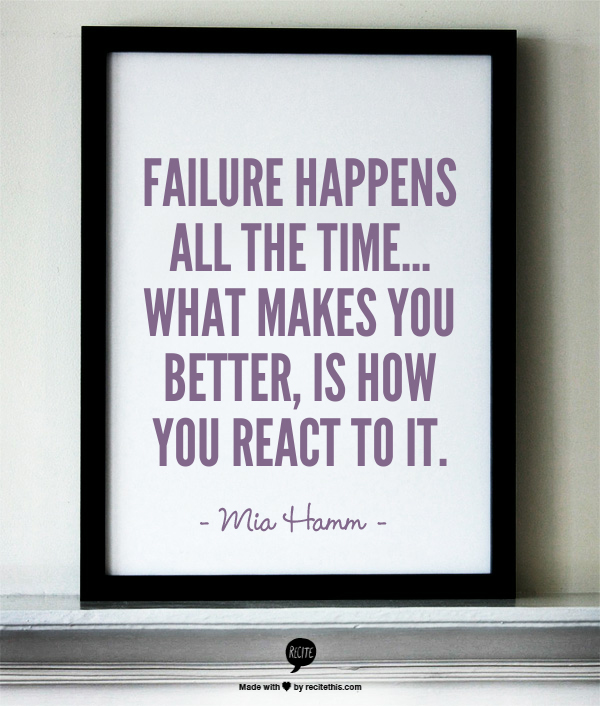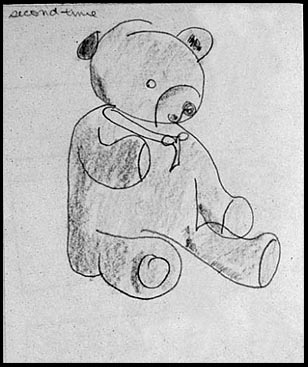 There is a lot of buzz about teaching students "grit." The word is gaining excitement and controversy, and no matter where you stand on the debate, it's hard to deny that encouraging students to have grit and perseverance can't be a bad thing. The idea of "grit" is like when if you fall off your bike, you pick yourself up, and get back on the bike. If we can instill this value in students who struggle in math, reading, or any other subject, just think how far they could go.
There is a lot of buzz about teaching students "grit." The word is gaining excitement and controversy, and no matter where you stand on the debate, it's hard to deny that encouraging students to have grit and perseverance can't be a bad thing. The idea of "grit" is like when if you fall off your bike, you pick yourself up, and get back on the bike. If we can instill this value in students who struggle in math, reading, or any other subject, just think how far they could go.If you're interested in helping your students gain some grit and perseverance, you're going to have to put in some effort. Sometimes through the pounding over the head method of teaching and sometimes with a bit more subtlety. Because unfortunately, you can't teach these traits in one single lesson plan with a quiz and letter grade at the end. So we have compiled some suggestions on how to instill some tenacity in your students.
Verbal Encouragement
Instead of general praise (i.e. you're so smart), recognize a student's performance based on their effort. Try saying, "Great job on that test! The time you spent after class reviewing really paid off." Students need to understand how their efforts effect their outcome, whether it be success or failure.
Resist the Urge to Offer Hints
Letting students struggle a little to answer a question will be a hard task for both you and your students. However doing this not only teaches them that it's okay to not always know the answer, as it's an opportunity to learn, but it also lets them become comfortable with the struggle. Just because it's not easy, isn't a reason to quit and give up.
Take these opportunities to teach your students where to find the answer, not what the answer is. Or ask another student to help the struggling student find the answer together as a team. The struggling student can sometimes find more encouragement from their peer rather than their superior (you, the teacher). Encouraging "grit" may often come more from when a student doesn't know the correct answer, because the long-term lesson is more about bouncing back from failure and perseverance.
Foster Safe Circumstances that Encourage Grit
This leads us to finding activities that don't have huge life altering consequences in case of failure. When students "fail" in these circumstances, they'll have the chance to pick themselves up and try again so that when they do meet a road-bump in real life they know that they can persevere.
-
Art Projects - There will be so-called mistakes made (especially according to your "Type A" students) during art projects. Glue will be placed in the wrong spot, and the pink paint will be used instead of the orange paint. The fun of art projects is turning these "mistakes" into something different and better and calling it art! Try encouraging students who make mistakes like these to not trash the entire project and start again, but to find ways to alter the project and make it work.
You can even have your students draw a Continuous Contour Line drawing, which means drawing a picture continuously without picking up the pencil from the paper. The drawing will be made of one continuous line. Have students draw the outline of their hand or a teddy bear (see example image). With this activity, students don't get to pick up their pencil and erase their mistakes. This style removes a lot of the stress of being perfect. No one's drawing will be perfect, but over time and with practice, students will improve. For additional benefits to this drawing style, click here.


- Music Instruments - Any person who picks up an instrument for the first time has a lot of squeaky notes to get through before they are able to play Hot Cross Buns. Struggle, practice, and perseverance will get a student there. Help students understand this by explaining your first experiences with an instrument.
- Sports - The thing about most sports is that there is a winner and a loser, but it's not always about that either. Professional soccer player, Mia Hamm, has said, "Failure happens all the time. It happens every day in practice. What makes you better, is how you react to it." Through soccer, Mia understands grit (see her children's book below).
A great way to make students more tenacious is to show how others have had success in spite of failure. Try these books (and free worksheets) to set the scene:
- Winners Never Quit! by Mia Hamm
- Stone Fox by John Reynolds
- Hatchet by Gary Paulsen
- The Peaceful Protest FREE Worksheet from our History-Based Reading Binder
- Apolo Ohno FREE Worksheet from our Celebrity Readers: Famous Male Sports Stars
